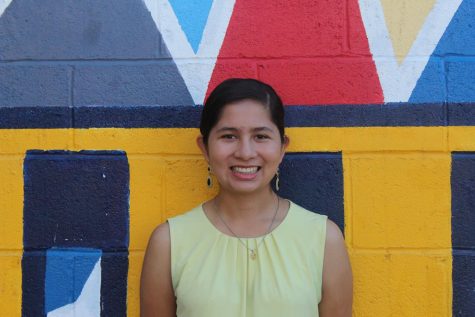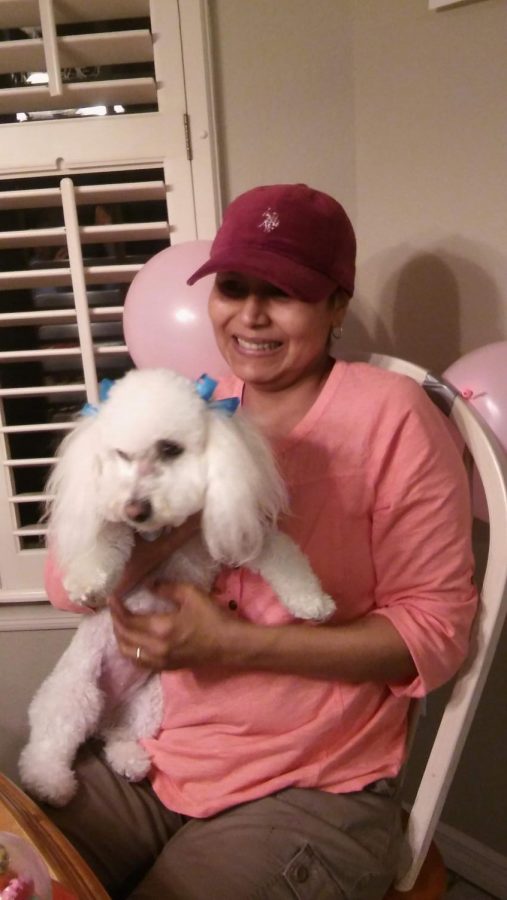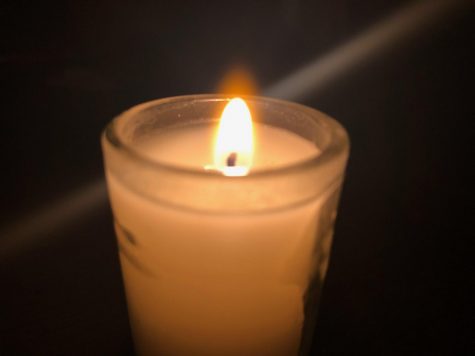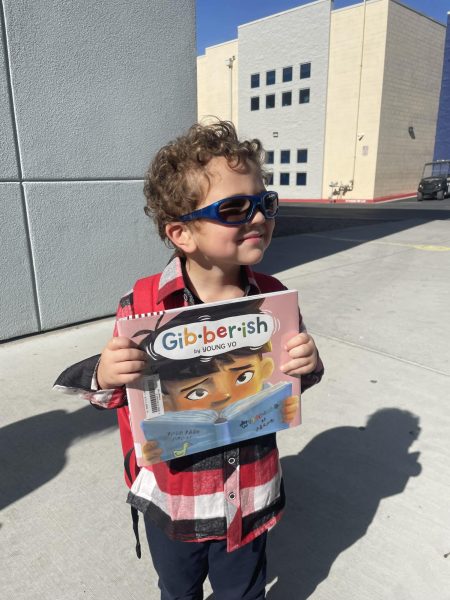My experience getting through a loss during the holidays
“Five. Four. Three. Two. One. Happy New Year!” the television blared from another room. Ever since I was a small child, I could not wait until the day when I could finally make it to midnight without falling asleep.
Last year was a different story. When the countdown rang throughout the otherwise silent and somber house, I was tucked under a pile of blankets, desperately wishing that I were already asleep and that the day’s events had been nothing but a terrible nightmare.
But the day’s events had happened. My aunt really was gone.
When it first was revealed
I was in seventh grade when my aunt and twin cousins moved to El Paso, followed a year later by my uncle (who was working in Laredo, TX at the time). As an only child, it was exciting and lively to have my little cousins nearby. They were nearly three years my junior, but the age gap never felt expansive. We would spend hours playing with LEGO figurines, watching movies, chatting, and a million more activities, all under the careful supervision of my aunt. She would also drive us to the library, the park, the pool, and other places so that we could enjoy ourselves. Because I spent so much time there, particularly during the summer, she was even more of a mother figure to me than she had been previously. In short, life was carefree and fun.
It felt like nothing could shatter this state of bliss, but her diagnosis of cancer that year certainly brought some worries to the family. However, the adults did not let on that her condition was as grave as it was. I prayed for her, but I expected her to make a full recovery within a few years. It wasn’t that I was naïve – my mom, both grandpas, and my maternal grandma had passed away by this point – but I was optimistic. The adults were not; they were informed that it was only a matter of time before she succumbed to this illness.
Life goes on
Even though she had to plan her schedule around chemotherapy treatments, she persisted in pursuing a normal life. Although she was exhausted at times, she made sure to be there for the family. She continued to make sure that my cousins and I spent time together. She helped plan birthday parties, gave advice, listened to complaints, and traveled. She supported me in all of my endeavors and would help me edit newspaper article drafts until we both felt they were perfect. Her kindness, generosity, and patience never wavered, even to the end.
Her condition gets worse
On Nov. 9, 2018, my dad shared some of the most devastating news I have ever received: the drug that my aunt was on had stopped working. She would take part in a clinical trial, but her prognosis was not good. This information wasn’t just heartbreaking; it was unfathomable.
It forced me to confront what had long been known to the older members of my family: it was nearly time to say goodbye to my aunt.
She missed Thanksgiving that year because she was not feeling well as a result of unpleasant side effects from the clinical trial, but she pushed herself to be present for Christmas Eve dinner. By that time, she was not on chemo or medication and was simply hoping to make the most of the little life she had left. Usually a quiet person, she barely uttered anything that night. She managed a few smiles and listened to my cousins and I playing the piano. We all took a family photo, the last one that would include her.
The worst part was that I was supposed to pretend that everything was alright.
On Dec. 29, she was admitted to the hospital, where my dad, my grandma (her mom), and my uncle kept her company. My cousins were sent to spend the next few days and nights at my house. I was responsible for cooking for them and making sure they were entertained. We played board games and talked and listened to music and played on the X Box and watched some of our favorite shows and most of all, avoided discussing their mom. There were moments when it was almost fun, just like the old times when they would spontaneously sleep over and we would snuggle under our sleeping bags while giggling and talking nonsense. Then, the harsh reality of why this situation was in place would send a wave of sadness through me. The worst part was that I was supposed to pretend that everything was alright.
This continued for another day, until Dec. 31 arrived. My uncle had elected to take my aunt home so she could pass in her own room rather than in one that smelled like bleach and caused the sounds of doctors’ footsteps to reverberate throughout the room. My dad drove my cousins and I to their house, where my grandma, my uncle, and my aunt were. She was unconscious by that point, but she was not in any pain.
My uncle lit the hot chocolate-scented candle that my cousins had gifted her for Christmas, filling the air with a sweet aroma that did not match the atmosphere at all. Then, he told his children that their mother would not survive. It was the first of many sobs that day.
[My cousin] looked at me, huge tears streaming down her face and her voice barely audible, and asked, “How long am I going to feel like this?”
Another came when one of my cousins sat with me in her room. She looked at me, huge tears streaming down her face and her voice barely audible, and asked, “How long am I going to feel like this?” It broke my heart into so many pieces, as though losing my aunt wasn’t enough. Even more upsetting, I had no real answer for her, just a promise that time would help her heal and that I’d be there to support her while it did.
Other family members came and went throughout the day. Time crept by slowly, as though seeking to make us wait for the inevitable tragedy even longer.
She finally passed in the late evening. After yet more tears, my dad, my grandma, and I headed for our house to get some rest after an emotionally taxing day.
The process of grief and the mistakes I regret
Grief is, of course, one of the most complicated and difficult processes known to humans. There is no single right way to grieve, but there are plenty of wrong ways; one of them is closing yourself off from other people, which I did.
I kept my pain hidden from as many people as I could, even myself. By the time school rolled around barely nine days later, I told myself that I was fine and completely over the loss of my aunt.
In reality, I was concealing my emotions so as not to have to deal with them. It only caused them to build up, making them even more difficult to process. I was trying to be strong for my dad, who had lost his beloved younger sister; my grandma, who had lost her cherished daughter; my uncle, who had lost his caring wife; and especially, my cousins, who had lost their wonderful mom, a central figure in their lives who had made them into the people they were becoming. All of their names were featured on the family section of my aunt’s obituary. I wasn’t, so what right did I have to grieve intensely?
I thought to be strong was to be unfazed, to keep going without giving it a second thought. Truly, to be strong is to be vulnerable, to share your feelings with others.
I know now that loss is not something you get over but rather something you get through, and it is nearly impossible to progress unless you confront it directly.
If you have lost a loved one, be patient with yourself and speak about it with others. Whether it has been a day, a year, a decade, or longer, melancholy feelings may continue to follow you. You may never know why the loss came when it did, but you will slowly see that it does get easier. If this is something you are facing, I hope you are surrounded by a tremendous amount of love and support during this difficult time and in the years to come.

Victoria Gasca is a senior, and this marks her fourth year in newspaper. Her favorite part of newspaper is playing a role in making the campus well-informed....














